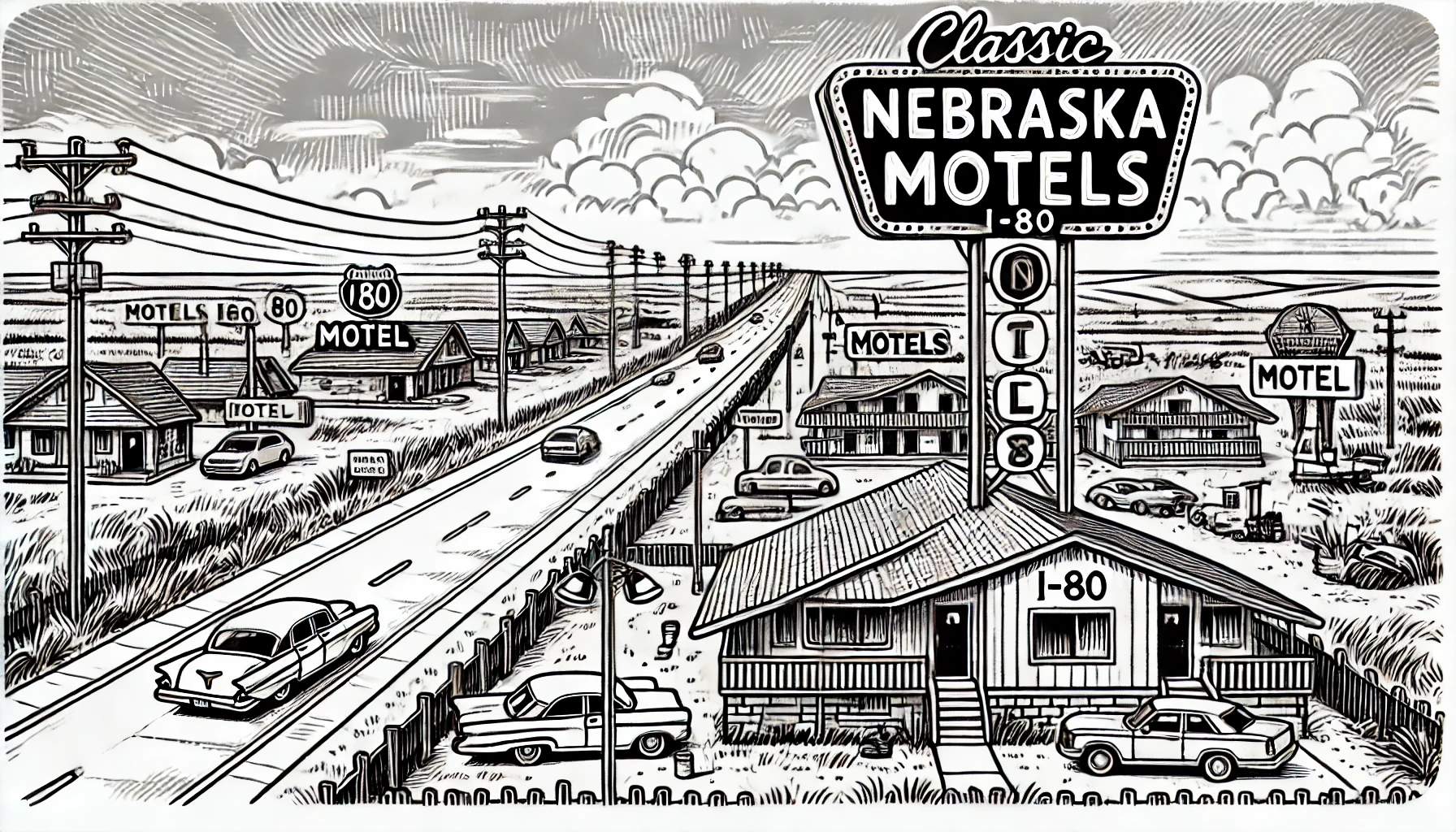Outdoor Education In State Parks

Traveling Through Nebraska offers an array of outdoor education opportunities within its state parks, providing immersive learning experiences that foster environmental stewardship and appreciation for nature. Nebraska's state parks, managed by the Nebraska Game and Parks Commission, cover over 85,000 acres of land, featuring diverse landscapes ranging from sandhills and badlands to lakes and rivers. This vast expanse of natural resources is leveraged to deliver educational programs that cater to various age groups and interests.
Platte River State Park, situated in Louisville, Nebraska, is one notable example of a state park offering comprehensive outdoor education programs. The park's Outdoor Skills Education Program allows visitors to engage in activities such as archery, kayaking, and camping, while its Conservation Education Center provides interactive exhibits and classes focused on wildlife conservation, natural resource management, and environmental science. The park collaborates with local schools and organizations to deliver customized programs that meet the needs of different groups, ensuring that participants receive relevant and meaningful learning experiences.
Another state park, Arbor Day Farm, located in Nebraska City, offers nature-based educational programs designed to promote environmental awareness and tree conservation. Visitors to the park can participate in a guided tree-planting activity, which illustrates the importance of reforestation and the interconnectedness of natural ecosystems. The park's Tree Adventure attraction, an elevated, interactive trail that meanders through the treetops, allows visitors to observe forest ecosystems in a unique and experiential manner.
In addition to specific state parks, Nebraska's Outdoor Education Centers provide focused learning experiences that concentrate on particular topics, such as ecology, geology, and wildlife biology. Prairie Adventure Central Outdoor Education Center, situated near Kearney, Nebraska, is one such center that offers educational programs for schools and groups, with a focus on experiential learning and hands-on activities. Programs at the center include on-site studies, day trips, and residential camps, allowing participants to delve into various aspects of the natural world.
Educators at Nebraska's state parks also use strategic partnerships to develop and implement innovative programs. Collaborations with organizations such as the University of Nebraska-Lincoln's School of Natural Resources and the Nebraska Association of Conservation Districts enable state parks to deliver programs that are tailored to the needs of different communities and incorporate cutting-edge research and best practices. These partnerships help maintain the relevance and effectiveness of outdoor education initiatives within Nebraska's state parks.
Nebraska's commitment to outdoor education is grounded in the recognition of the transformative power of experiential learning in fostering a lifelong appreciation for nature and promoting environmental stewardship. By leveraging its extensive network of state parks and recreation areas, the state aims to inspire future generations of citizens to take an active role in managing and preserving the natural world.
The effectiveness of Nebraska's outdoor education programs is evident in the increasing popularity of programs and the commitment of state residents to conservation efforts. As the state continues to evolve and grow, its long-term vision for outdoor education ensures that the natural world will remain an integral part of the state's identity and a vital component of its education initiatives.
By emphasizing hands-on learning, Nebraska's state parks provide a setting that encourages experiential learning and environmental stewardship, two key components of outdoor education that form the basis for a societal values shift in environmental conservation.
Platte River State Park, situated in Louisville, Nebraska, is one notable example of a state park offering comprehensive outdoor education programs. The park's Outdoor Skills Education Program allows visitors to engage in activities such as archery, kayaking, and camping, while its Conservation Education Center provides interactive exhibits and classes focused on wildlife conservation, natural resource management, and environmental science. The park collaborates with local schools and organizations to deliver customized programs that meet the needs of different groups, ensuring that participants receive relevant and meaningful learning experiences.
Another state park, Arbor Day Farm, located in Nebraska City, offers nature-based educational programs designed to promote environmental awareness and tree conservation. Visitors to the park can participate in a guided tree-planting activity, which illustrates the importance of reforestation and the interconnectedness of natural ecosystems. The park's Tree Adventure attraction, an elevated, interactive trail that meanders through the treetops, allows visitors to observe forest ecosystems in a unique and experiential manner.
In addition to specific state parks, Nebraska's Outdoor Education Centers provide focused learning experiences that concentrate on particular topics, such as ecology, geology, and wildlife biology. Prairie Adventure Central Outdoor Education Center, situated near Kearney, Nebraska, is one such center that offers educational programs for schools and groups, with a focus on experiential learning and hands-on activities. Programs at the center include on-site studies, day trips, and residential camps, allowing participants to delve into various aspects of the natural world.
Educators at Nebraska's state parks also use strategic partnerships to develop and implement innovative programs. Collaborations with organizations such as the University of Nebraska-Lincoln's School of Natural Resources and the Nebraska Association of Conservation Districts enable state parks to deliver programs that are tailored to the needs of different communities and incorporate cutting-edge research and best practices. These partnerships help maintain the relevance and effectiveness of outdoor education initiatives within Nebraska's state parks.
Nebraska's commitment to outdoor education is grounded in the recognition of the transformative power of experiential learning in fostering a lifelong appreciation for nature and promoting environmental stewardship. By leveraging its extensive network of state parks and recreation areas, the state aims to inspire future generations of citizens to take an active role in managing and preserving the natural world.
The effectiveness of Nebraska's outdoor education programs is evident in the increasing popularity of programs and the commitment of state residents to conservation efforts. As the state continues to evolve and grow, its long-term vision for outdoor education ensures that the natural world will remain an integral part of the state's identity and a vital component of its education initiatives.
By emphasizing hands-on learning, Nebraska's state parks provide a setting that encourages experiential learning and environmental stewardship, two key components of outdoor education that form the basis for a societal values shift in environmental conservation.
